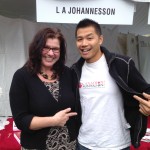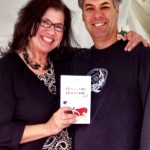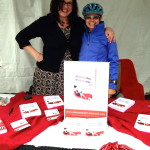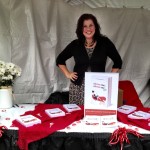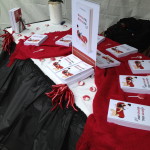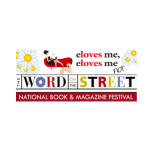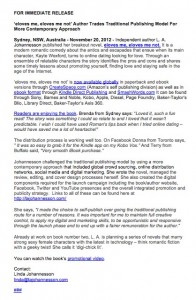I don’t often respond in such detail to posts/news articles I see online, but today I felt compelled to.
I read a post on the Huffington Post Books blog today and on one hand, I was pleased to see another example of how authors have such visible forums to share their thoughts with the literary community. And, on the other, I was struck by how tired I am of all the same old views and the same observations (some in my opinion, mistaken ones) are being perpetuated, even by the likes of Huffington Post Books.
Here’s the link to the article – If you haven’t already, I suggest you read it before reading my response.
Maybe you’ll agree with Deborah, maybe you’ll think my views are have merit, maybe you’ll think they’re completely off base, maybe you’ll have some additional thoughts/reactions of your own. I’m curious to know what you think so, please post a comment here or on the HuffPo post so that we can keep this conversation going.
Personally, I think it’s a conversation that this industry needs to keep having.
My response follows:
Interesting post. I appreciate the author sharing her experiences. I respect that they are her authentic experiences and that she’s actively begun a conversation. That should be applauded.
I think the article contains some good insights like having as many eyes as possible on your work, the use of professional editing, educating yourself about your craft and the power of community. But I’m a little surprised by a few of Deborah’s observations.
In fact, I’d respectfully challenge some of them:
This is the Huffington Post Book section, a place where people are supposed to be able to go for advice, insight, education and enlightenment around things literary. I was a little disappointed when I read this post as there were a few points in it that troubled me.
For one, publishing is certainly about a lot more than sales. Yes, it is a business. I get that. We all get that. But this quote,
“Having a target audience that will buy your book and a great marketing strategy is the most important aspect of book publishing.” Yes, sales are the metric for which the industry is measured, but to say that all publishing (traditional and indie) is “all about sales” and nothing else is, in my opinion, a crass and narrow interpretation.
I agree instead with this statement made in a Publisher’s Weekly article – “I can tell you firsthand that their reasons for publishing—and ultimately their definitions of success—are as unique as the books they submit to our companies for publication.” The full article can be found here:
Back to the HuffPo post. C’mon, if you don’t know point #4 already, you really should not be writing fiction or articles about writing.
I don’t agree with #7 & #8 – think this is short sighted, assumes that every writer is a marketer and that’s just not the case. Advertising with book bloggers, if that means placing an ad on their site, it is nowhere near as effective as content marketing in conjunction WITH book bloggers and other subject matter experts (both on and offline) as well as with traditional media outlets – working with them to do author interviews, book reviews, content sharing and content curation, running contests, special offers, give-aways, promotions, etc.
#10 – While I agree the payoff is ultimately in the writing, and that there are so many measures of success, don’t you dare be realistic when it comes to book sales.
Here’s why,”The reasonable man adapts himself to the world; the unreasonable one persists in trying to adapt the world to himself. Therefore all progress depends on the unreasonable man.” Thank you George Bernard Shaw.
If you want the scales to tip further in favour of the author, be unreasonable! Be innovative! Be creative! Don’t give up. Don’t aim your sales goals to fit within the old paradigm. This is a different industry now. It’s ripe for change, but people have to affect that change.
What this industry needs is people who are willing to push the envelope, to embrace the new tools, to push them to their limits, to leverage technology and the opportunities that avail themselves through our global landscape, to be better marketers, to learn from the great marketers and from other industries, to use their passion for writing, their passion for their subject and these new tools at our disposal to become the biggest, best and most authentic marketers of their work possible.
This is what publishing needs. It’s also what marketing needs.
So If we’re learning things the hard or the easy way, let’s set our sights on learning new things, not the same lessons over and over. Let’s set our sights on learning to do things right and learning to do the right things.
And by the right things, I mean the right things for the future, not the past.





